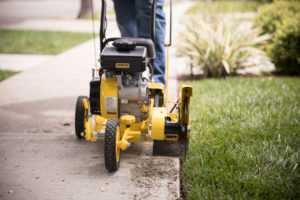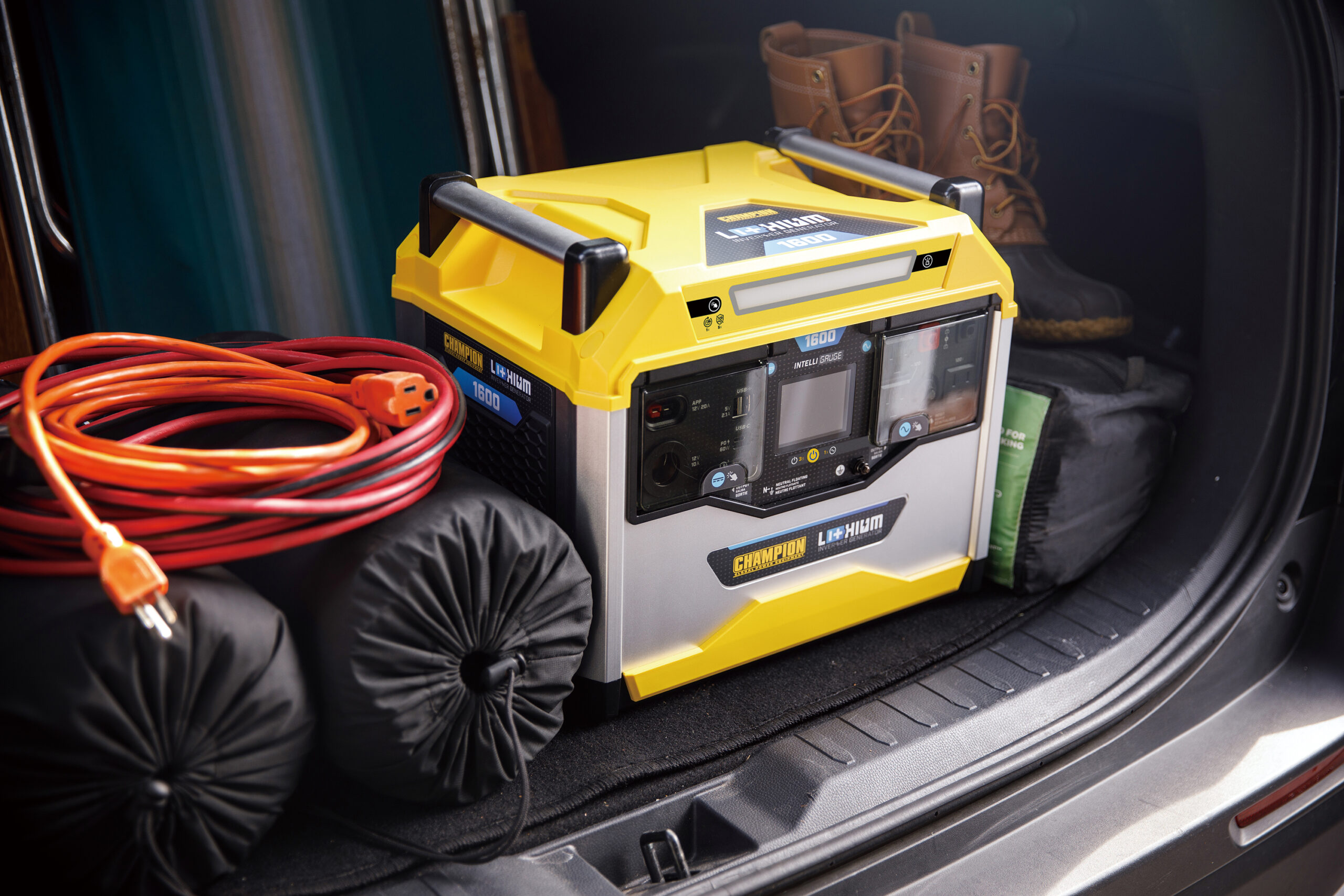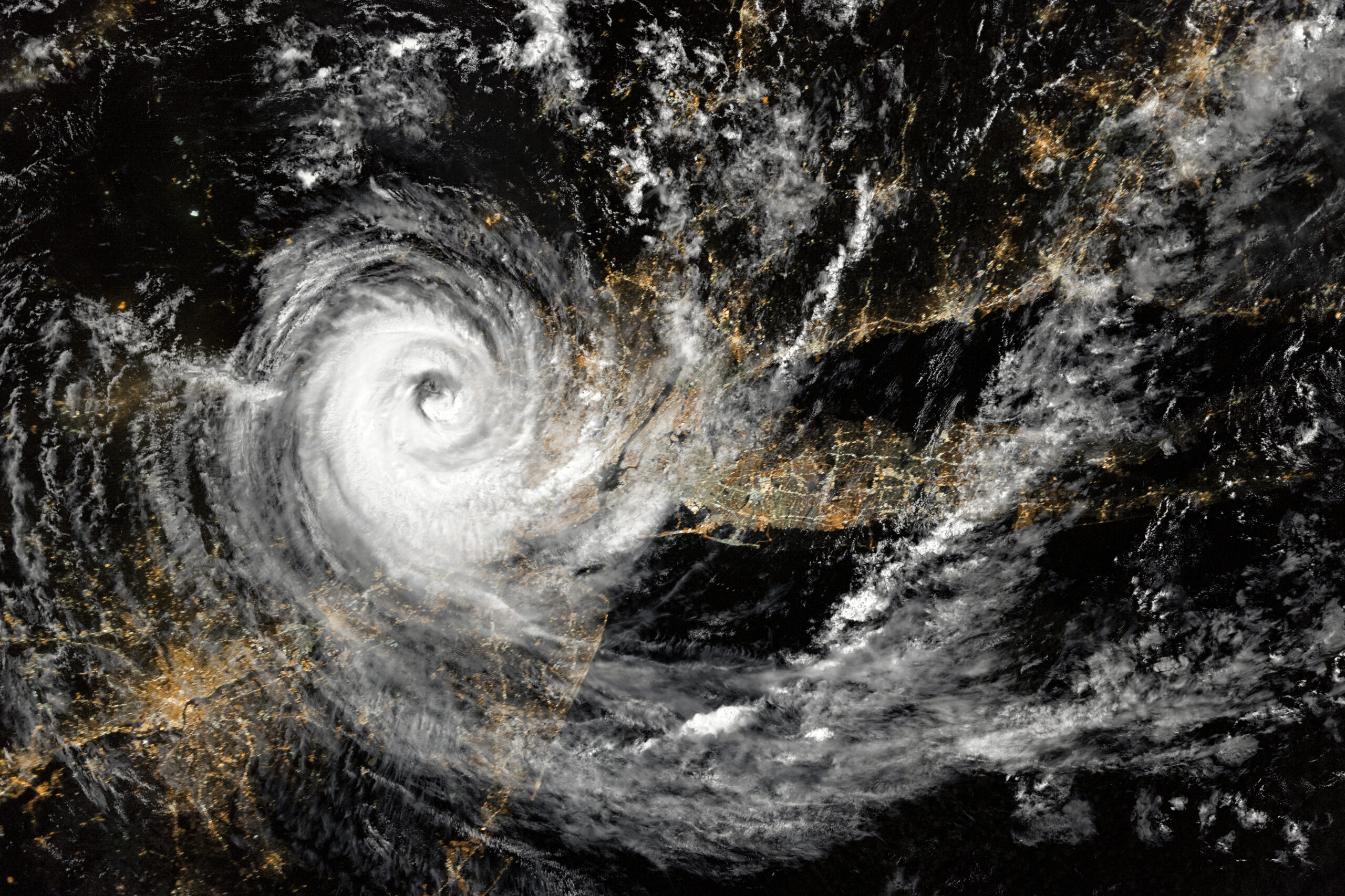Win the Weekend With Efficient Lawncare
Most people want to take a little time off after a busy work week, but that can be tough if you feel the pressure to spend most of the weekend working in your yard. It’s a good feeling to drive up to a great-looking lawn, keep your property value high, and even help the environment by maintaining your lawn. But just because you want a nice lawn doesn’t mean your entire weekend has to be spent on outdoor chores.
If you want to save time and effort, make sure you’ve got the right equipment for each outdoor job. Here’s a quick rundown of some of our best lawn and outdoor equipment to make quick work of every task so there’s plenty of time left over to enjoy your weekend.
Cultivator
A cultivator is a lightweight, compact, and powerful tool that allows to prep almost any type of soil. It works perfectly for loosening the soil in existing planting areas, weeding, or mixing compost into the soil. If you’ve struggled in the past trying to work the soil in tight spaces, a cultivator is just what you need, making it a snap to get in and out of small areas, work alongside a fence, or till near delicate plants.
A cultivator’s rotating tines break up compacted surfaces and preparing the ground for planting. Whether you’re creating new garden beds or rejuvenating existing ones, using a cultivator will save you a ton of time and effort.
Rear and Front Tine Tillers
Rear and front tine tillers are essential for larger gardening projects. Rear tine tillers provide maximum power and stability, making them ideal for breaking up tough, untouched soil like when you’re preparing a brand new area for a garden. A depth gauge helps you maintain a consistent depth of soil as you work, in addition to providing balance. Many have self-propelled tires so all you need to do is guide the tiller while it muscles through tough terrain.
Front tine tillers offer increased maneuverability for smaller areas and lighter jobs such as weeding or aerating or preparing your garden soil. Variable tilling width and adjustable tilling depth are especially helpful when you want to go from tilling to planting as quickly as possible. With rear and front tine tillers, you can prepare any kind of soil efficiently and effectively.
String Trimmer
After you mow, you’re going to need to trim the parts of your lawn and garden that your mower can’t reach. A string trimmer, also known as a weed eater or a weed whacker adds a neat, finishing touch to a freshly cut lawn. Gas-powered trimmers are ergonomic, lightweight, and can help you get the manicured look you want for your lawn.
A string trimmer is a versatile tool for efficiently trimming grass, weeds, and overgrown areas. The handle should be ergonomically designed for comfortable maneuverability and precise cutting in hard-to-reach places. The string offers increased visibility plus it allows you to bring the trimmer head closer to ground level for increased precision in tight spaces. You’ll notice an enhanced sense of balance and leverage as you maneuver this type of trimmer around your yard. No more long hours spent hunched over with a handheld trimmer for you! Get used to a more efficient and enjoyable trimming experience.
Walk-Behind Lawn Edger
If you want to take your property from overgrown to professionally edged in no time, you need a walk-behind lawn edger. For clean and professional-looking edges along sidewalks, driveways, and flower beds, it’s a game-changer.
You’ll get a powerful blade and adjustable cutting depth, so you can create precise boundaries and give your lawn that well-manicured finish. Need to edge along a curb? No worries. A curb hop wheel adjustment is the perfect feature to make edging along the curb a pleasure instead of a pain. Cutting depth settings let you choose the depth of edge you need, while a blade bevel angle adjustment is handy when you want to create decorative edging along beds of mulch or flower beds.
Say goodbye to the tedious task of manual edging and hello to a beautifully defined lawn.
Walk-Behind or Backpack Leaf Blower
Tackling leaves and debris can be a big job during fall, but anytime you’ve been mowing, tilling, cultivating, weeding, trimming, or edging, there’s going to be leftover debris that needs to be taken care of.
Having a leaf blower handy can transform an hour-long raking or bagging chore into a simple 15-minute task. Backpack blowers and walk-behind blowers are excellent tools for moving large volumes of garden and yard debris quickly. If you leave your rake in the garage and choose a blower, you can be sure you’ll save your back and have time left over for other things you want to do.
Investing in a walk-behind or backpack leaf blower will transform the way you handle this chore. These powerful blowers make quick work of clearing leaves from your lawn, driveways, and pathways, saving you time and energy. With adjustable speeds and easy maneuverability, you’ll be able to control the airflow and efficiently clear your outdoor spaces.
Gear Up
By equipping yourself with the right tools, such as a tiller cultivator, rear and front tine tillers, a curved shaft trimmer, a walk-behind lawn edger, and a walk-behind or backpack leaf blower, you can take your lawn care game to the next level. With increased efficiency and practicality, these pieces of equipment will help you accomplish your yard work quickly and effectively, ultimately freeing up more time for you to relax and enjoy your weekends. So, gear up and get ready to conquer your lawn care tasks like a true pro. Your weekends will never be the same again!
Maintaining and Storing Your Equipment
Now that you’re equipped with everything you need to have a great-looking lawn, don’t forget to maintain your equipment well so it will be ready to operate when you need it.
If your equipment has a 2-stroke engine, remember this: Premix. Make sure you never mix the oil and fuel in the product’s fuel tank. Read the manufacturer’s directions carefully and always premix the oil and fuel in a separate container first, then add the mixture to the fuel tank on the product.
If your equipment has a 4-stroke engine like the walk-behind edger, you will not mix oil and gasoline. Follow the directions in your owner’s manual for adding oil and fuel separately, and after use, be sure to store your equipment the right way to save yourself time and trouble later on.
Before storing your equipment for an extended time, either drain the fuel or use a fuel-stabilizing additive. If you’re getting equipment out of storage in the springtime, do a spring check-up of all your equipment in case you stored your tools with gasoline in the engine. Gasoline sitting in an engine for an extended time can cause issues with your equipment, so it may not be ready to go when you need it.
Depending on the type of equipment, you may also need to check the oil and change it before the beginning of the season. If your equipment has an air filter, take the time to clean, inspect it, and replace it if necessary.
Do your tools have pull cords? If you’ve ever experienced a pull cord breaking when you’re ready to get down to work, you know how frustrating that can be. Pull out all your cords periodically and inspect the entire length. Check for cuts, breaks, or fraying. Save yourself time and trouble later by replacing the cord immediately if you notice any damage.
Check your edger blades to make sure they’re sharp and mounted correctly, and be sure your trimmer spool has plenty of string. It’s also wise to check your tools to be sure all the bolts and fasteners are tight.
Stock Up and Maintain
Stocking up on and maintaining the best lawn and garden equipment is the smart way to simplify all your outdoor tasks and be confident you’ll win the weekend every time.


